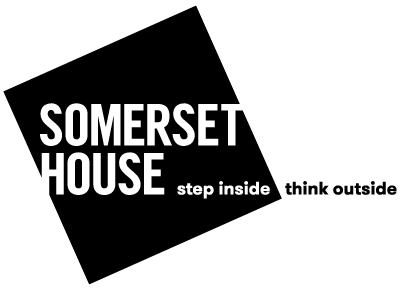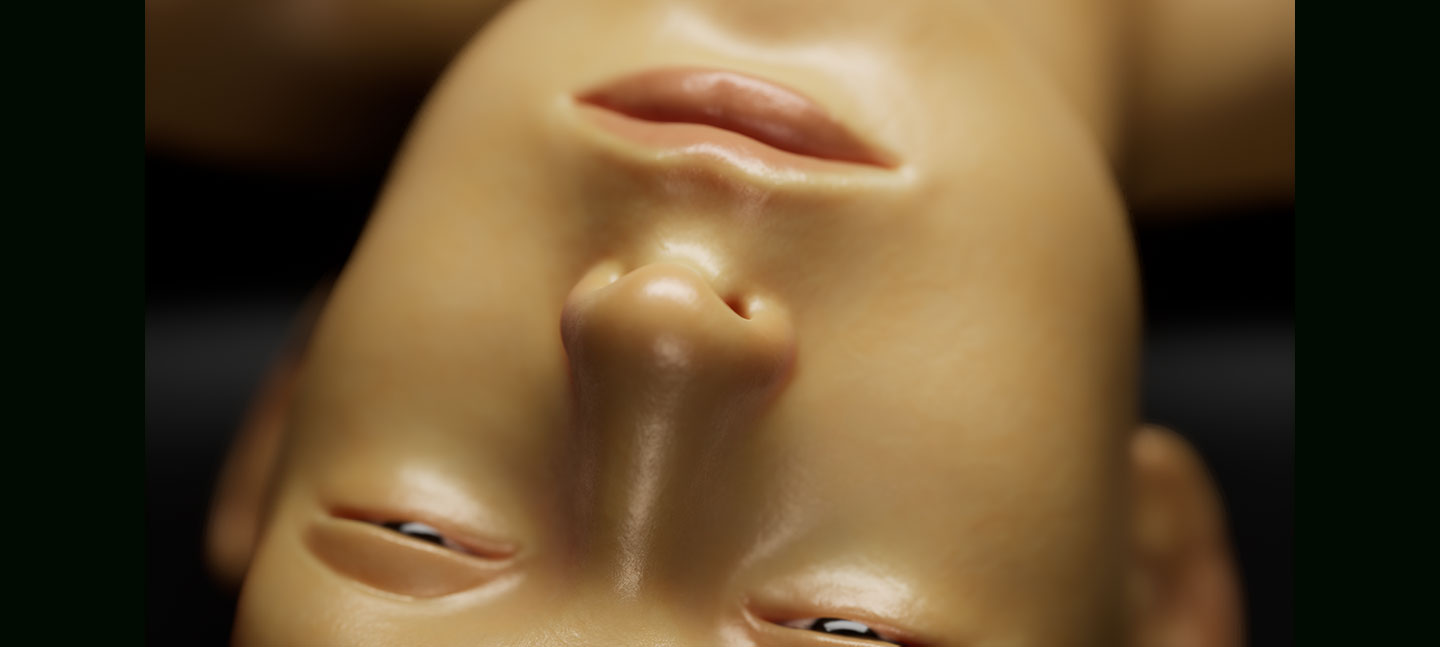In June 2020, we released our Anti-Racism Pledge, outlining the immediate steps we would be taking to actively combat racism in our organisation, throughout the community of creative businesses, artists and makers based at Somerset House and with our many visitors.
In September 2020, we shared our progress and priorities for the next six months, providing greater transparency to our work so we can continue to be held to account and enact change.
The Pledge was a starting point for embedding actively anti-racist work within our organisation, initially created in collaboration with a core accountability group. But in working closely with Somerset House staff, artists and residents over the last 4 months, we quickly learned that there were other approaches to tackling some of the issues we had outlined.
All of this is work in progress that we are determined will lead to long-term culture change at Somerset House. We will continue to talk, trial initiatives and evaluate together, sharing learnings and progress on this journey every 6 months.
ACTIONS TAKEN SO FAR
Our Anti-Racism Task Force consists of 13 members, representing all levels and areas of the organisation. It meets fortnightly, setting the actions outlined below, leading their delivery and evaluation in collaboration with the Somerset House community. Here we summarise actions taken so far:
- We know there have been past issues of racism at Somerset House and we'd like to thank those who have volunteered to share their experiences with us. It has felt important to prioritise the present and the future, but we are listening for those who want to share.
- We are launching an internal Speak Up Policy, supporting anyone working on behalf of Somerset House Trust to report any concern about wrongdoing, including racist incidents, without fear of reprisal. This includes direct access to the Board of Trustees. We will support anyone who has faced racism at Somerset House.
- All staff, and our Board of Trustees, have participated in anti-racism training, led by diversity consultant Bilal Harry Khan.
- Embedding anti-racism has become a standing agenda item at our staff and senior management meetings, including Board meetings.
- The staff collated an anti-racist learning list of books, articles, films, videos and podcasts, which has formed the basis of a new discussion space which we have called Uncomfortable Conversations. The space uses recent incidents in the media as an initial discussion point for anti-racist learning, which has so far covered racial profiling, police brutality and the impact of the recent exam result controversy on students of colour. Senior management have also read and discussed Reni Eddo-Lodge's Why I’m No Longer Talking To White People About Race, to build confidence in engaging with the conversation in our everyday work, and to support others to do the same.
- We have been interrogating our recruitment practices from job description to interview procedures, how they truly encourage diversity and inclusion, and where these practices have failed. There remains work to be done here.
- We are now looking for a historian to explore the history of Somerset House’s role in Britain’s colonial past, updating what is currently understood. This brief will be published on our website on Wednesday 30 September. Click here to find out more and download the brief.
ACTIONS TO TAKE IN THE NEXT SIX MONTHS
- We will publish the initial review of Somerset House’s history. If this work identifies areas for further research and investigation, we will follow this up.
- We will be reviewing our programming process across all cultural departments, and how artists, curators and producers are selected to work with us.
- Each department has been asked to review their processes and procedures to identify tangible measures they can take within their specific area of the organisation to be more inclusive, including how we tender and procure contracts and services.
- In response to our conversations with Somerset House’s wider community of artists and residents, we will be launching regular roundtable sessions by the end of the year, where any member of the community can openly discuss issues they see here and express ideas on how we can create more positive change for the future. We will share our learning to support organisations and individuals based here to make change in their own work and operations.
- We need to review how we monitor who makes up our workforce and community, to have an accurate benchmark for improving representation. Some have been reluctant to share this information, and we have identified a need for absolute clarity in how this data will be used.
- We will build on our internal recruitment review and seek specialist advice on best recruitment practices to improve representation and inclusion across our staff. However, with our current activity much reduced, there will be no active recruitment taking place in the near term, so we recognise progress will require time.
We are committed to being actively anti-racist across all areas of our work. We acknowledge that not everyone’s experience of life or of an institution is the same or how we would wish it to be, and that not all voices have been heard equally. We recognise that this is a journey and the work so far has shown us just how much we have to learn and do, so we will continue to develop our understanding as we go. We will share our next update the end of March 2021. In the meantime, we are listening at change@somersethouse.org.uk if you would like to share any thoughts or suggestions.
Jonathan Reekie and Somerset House Trust
30 September 2020




